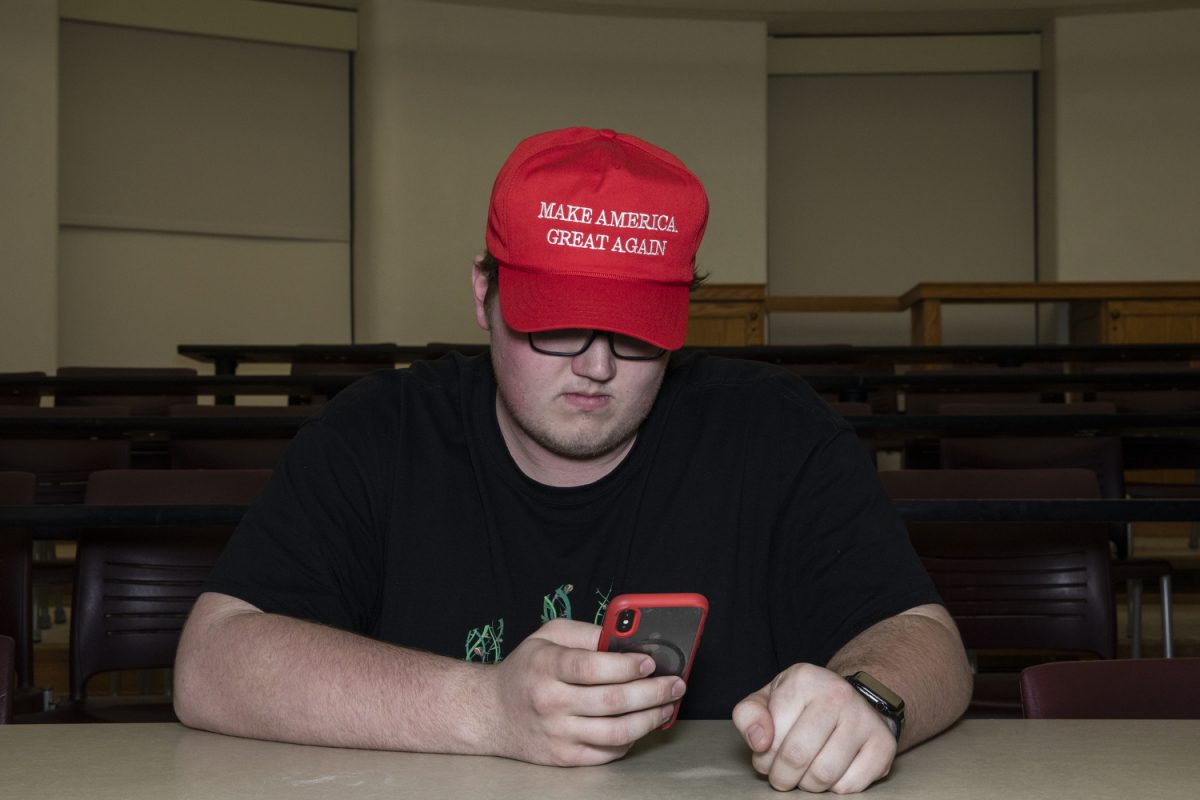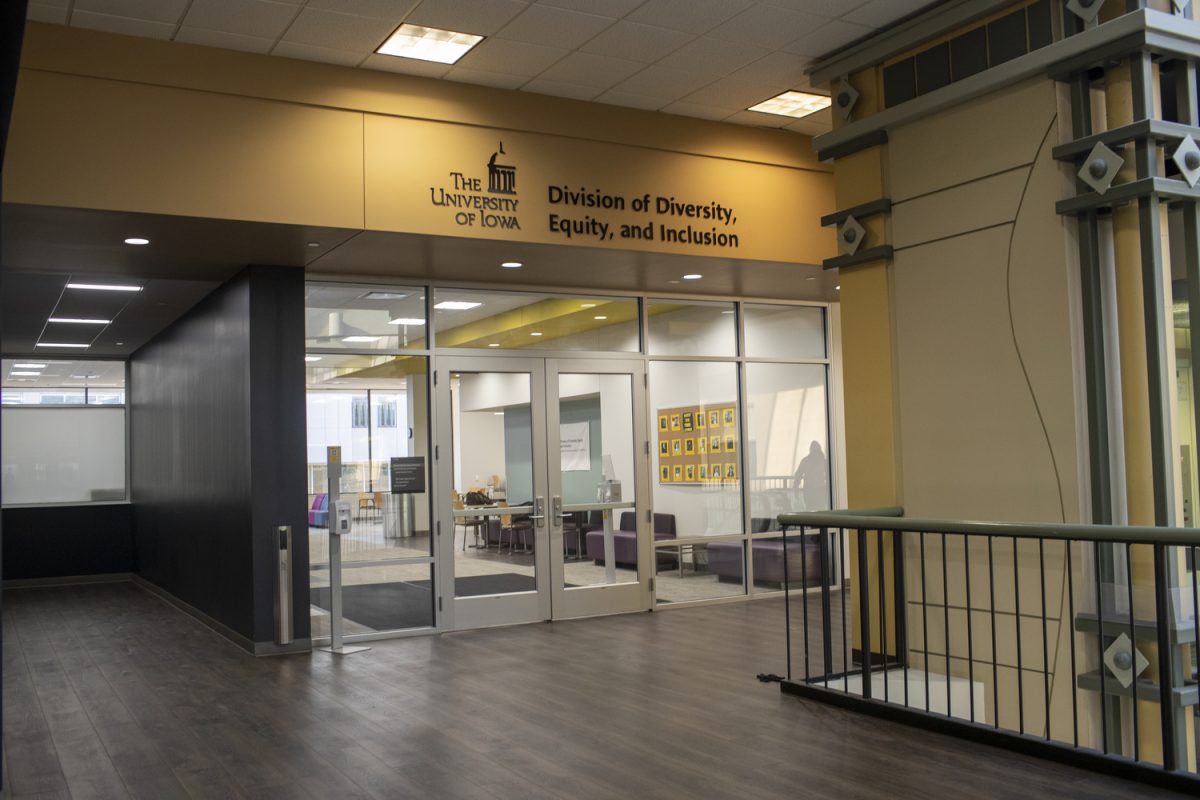Last week, entrepreneur Bradley Tusk told a crowd at the Old Capitol that America should implement nationwide online voting.
A longtime Internet voting promoter, Tusk announced that he will publish a book this September calling for “mobile voting,” or voting on our phones.
He made two central claims: One, the latest technology is secure enough that can trust our democratic process to online voting, and two, that online phone voting will greatly increase turnout, making our leaders more representative of all the people and less beholden to extremists.
However, the consensus of computer scientists who study online voting and the experience of countries that have tried it say otherwise.
Voting from our phones could compromise the security of our elections. U.S. government agencies rate online voting “high risk.” Leading scientific organizations oppose it, including the American Association for the Advancement of Science and the National Academies of Science, Engineering, and Medicine.
Tusk himself funded a Working Group at UCal-Berkeley to develop standards for secure, nationwide Internet voting. The group did its best, but in December 2022 reached the disappointing conclusion: “Implementing widespread adoption of secure and accessible internet ballot return requires technologies that do not currently exist and others that have not been fully tested.”
Why does online voting worry security experts so much, at a time when we work, apply for jobs, and conduct our most important financial matters online?
The answer is the secret ballot. When we bank online, we can check our bank’s records to see that the bank got our transactions right or verify that a boss or professor received the project we submitted. The secret ballot means that we can’t check to see that our vote was received as we intended in the same quick and easy way we check our bank records.
We need secret ballot voting. U.S. states adopted the secret ballot in the late 1800s because election day had become a payday for many. The secret ballot protects your vote by protecting you from coercion, and it protects your vote from being canceled out by other voters selling their votes to the highest bidder.
Tusk says his latest system will allow voters to vote on their phones, preserve vote secrecy, and check that their votes have been correctly received by election officials. But the Berkeley working group concluded that the verification method the new system would use, called “end-to-end” (E2E) cryptography, still faces major challenges, including “how voters should verify their ballots” and “how discrepancies (real or claimed) should be handled.” In an email last Friday, Josh Benaloh, a Senior Cryptographer at Microsoft Research who served in the Tusk-funded group, wrote, “E2E-verifiability is not a silver bullet that makes responsible Internet voting viable.”
In countries that have tried it, including Switzerland, Canada, and Estonia, online voting has not caused the turnout spike Tusk promises. Mihkel Solvak, an Estonian technology researcher, told the Canadian Broadcasting Company in November 2022, “We cannot fix low turnout with technology, that is the big let’s say lesson out of the actual implementation of internet voting.”
Technology may one day allow for secure, universal online voting, but not anytime soon. With no clear payoff in increased voter participation, it’s not a risk we should take now.
Sean Flaherty is chair of Iowans for Voting Integrity, a nonpartisan grassroots organization working for trustworthy voting systems since 2006.
Douglas Jones has been on UI computer science faculty since 1980 and has been studying the role of computers in elections since 1995. Summaries and updates of his work are available online at https://homepage.cs.uiowa.edu/~dwjones/voting/
Columns reflect the opinions of the authors and are not necessarily those of the Editorial Board, The Daily Iowan, or other organizations in which the author may be involved.











